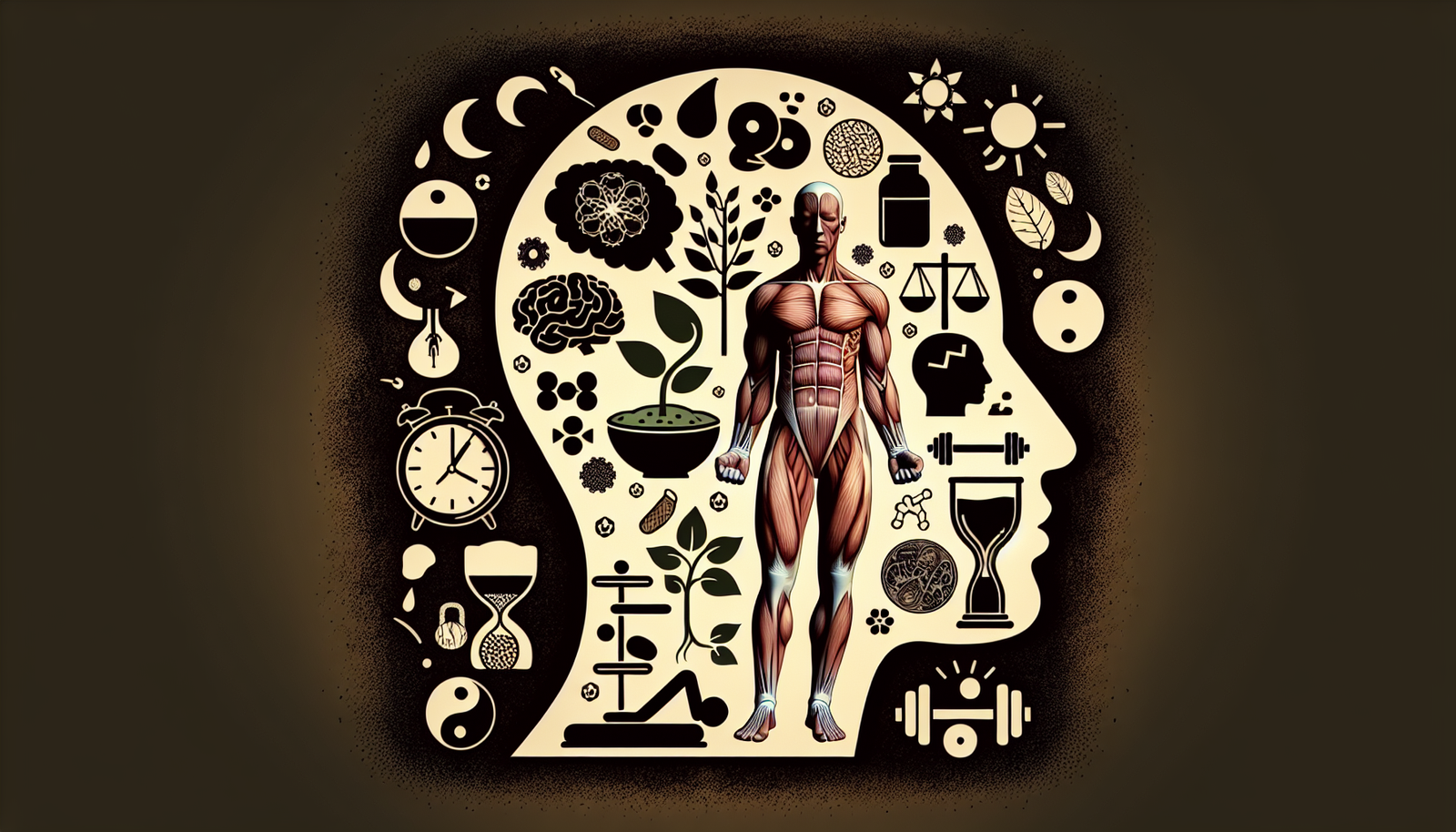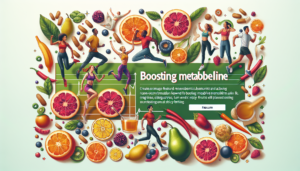BCAA for Vegetarians: Are You Getting Enough?
Understanding BCAAs: What Are They?
Branched-Chain Amino Acids (BCAAs) are essential amino acids that play a crucial role in muscle growth, recovery, and overall health. The group comprises three essential amino acids: leucine, isoleucine, and valine. Unlike other amino acids, BCAAs bypass liver metabolism and are metabolized in the muscle tissue, making them particularly important for athletes and those engaged in regular physical activity.
The Importance of BCAAs for Vegetarians
Vegetarians often face challenges in meeting their protein requirements and, by extension, their need for BCAAs. This is primarily because most plant-based protein sources are low in one or more essential amino acids. As such, vegetarians need to be more conscious about their protein intake to ensure they get enough BCAAs.
Why Are BCAAs Important?
-
Muscle Protein Synthesis: Leucine is particularly important for promoting muscle protein synthesis. It activates the mTOR pathway, a major regulator of cell growth.
-
Reduced Muscle Soreness: Post-exercise muscle soreness can be mitigated by BCAA supplementation, leading to faster recovery times and improved performance.
-
Energy Production: During prolonged exercise, BCAAs can be used for energy, preserving muscle glycogen stores and enhancing endurance.
-
Immune Function: BCAAs are vital for maintaining a healthy immune system, particularly when the body is under stress from intense training.
- Mental Clarity during Exercise: BCAAs may help reduce fatigue during exercise, allowing for improved focus and performance.
Are Vegetarians Meeting Their BCAA Needs?
Common Sources of BCAAs for Vegetarians
Vegetarians can obtain BCAAs from various sources. Recognizing these foods is crucial for ensuring adequate intake.
-
Legumes: Lentils, chickpeas, and black beans are excellent protein sources and contain varying levels of BCAAs.
-
Whole Grains: Quinoa, brown rice, and oats offer complete proteins, including BCAAs.
-
Nuts and Seeds: Almonds, sunflower seeds, and pumpkin seeds provide some level of BCAAs and healthy fats.
-
Soy Products: Tofu, tempeh, and edamame are rich in all essential amino acids, making them prime BCAA sources for vegetarians.
-
Dairy Alternatives: If not strictly vegan, options like Greek yogurt and cottage cheese are high in protein and BCAAs.
- Protein Powders: Plant-based protein powders (made from pea protein, rice protein, or hemp protein) can also be fortified with specific BCAAs.
Recommended BCAA Intake
While the specific BCAA needs can vary depending on individual factors such as age, activity level, and overall diet, general recommendations suggest that individuals engaging in regular exercise should aim for a daily intake ranging from 10 to 20 grams of BCAAs.
Factors Influencing BCAA Needs
-
Exercise Intensity: Higher intensity workouts can lead to greater BCAA requirements.
-
Age: Older adults may require more protein and consequently more BCAAs to maintain muscle mass.
- Body Composition Goals: Those looking to build muscle may need higher amounts compared to those focused on weight loss.
Signs of BCAA Deficiency
A lack of adequate BCAAs can lead to several telltale signs that vegetarians should watch for:
-
Muscle Weakness: Insufficient BCAAs can result in decreased strength and increased difficulty in recovery from workouts.
-
Increased Soreness: Prolonged muscle soreness following workouts can indicate a deficiency.
-
Fatigue during Exercise: If you’re frequently fatigued during your workouts, it could signify that your body is lacking enough BCAAs for energy.
- Decreased Immune Function: Recurring illnesses or slower recovery from colds could indicate a need for improved nutrition, including BCAAs.
Tips for Increasing BCAA Intake
Diversify Your Protein Sources
-
Mix Legumes with Grains: Combining foods like rice and beans can provide complementary proteins, ensuring adequate BCAA intake.
-
Incorporate a Variety of Vegetables: Dark leafy greens, such as spinach and kale, while not high in protein, contribute to overall nutrition.
- Choose Whole over Processed: Opt for whole food options as opposed to heavily processed alternatives, which are often stripped of their nutrients.
Consider Supplements
-
BCAA Supplements: If difficulties in meeting BCAA needs arise through diet alone, BCAA supplements can be a convenient addition.
-
Protein Powders: Use plant-based protein powders blended into smoothies or oats to enhance BCAA intake conveniently.
- Post-Workout Protein Shake: Integrating a protein shake post-exercise can help replenish BCAA levels effectively.
BCAA-Rich Vegetarian Recipes
-
Chickpea Salad with Quinoa
- Combine cooked quinoa, canned chickpeas, bell peppers, cucumber, and a dressing made from olive oil and lemon juice.
-
Tofu Stir-Fry
- Stir-fry tofu with broccoli, bell peppers, and carrots in sesame oil, adding tamari for flavor.
-
Speedy Lentil Soup
- Prepare lentil soup with diced tomatoes, cumin, carrots, and spinach for a hearty meal.
- Greek Yogurt Parfait
- Layer Greek yogurt with berries and a sprinkle of nuts and seeds for a nutritious breakfast.
The Role of Nutritional Timing
Understanding when to consume BCAAs can also maximize their benefits:
-
Before Workouts: Consuming BCAAs prior to workouts may provide an energy boost and help with performance.
-
Immediately After Workouts: Post-exercise BCAA consumption can accelerate recovery and muscle repair.
- Throughout the Day: Regularly consuming BCAAs throughout the day can help maintain energy levels and muscle mass.
Conclusion: The Path to Adequate BCAA Intake
Understanding BCAAs and recognizing their importance, especially for vegetarians, is essential for muscle health and overall well-being. By diversifying protein sources, considering supplementation, consuming nutritious whole foods, and timing nutrient intake effectively, vegetarians can ensure they are meeting their BCAA needs efficiently. Prioritizing dietary planning and understanding individual requirements will lead to better health outcomes and enhanced physical performance.








